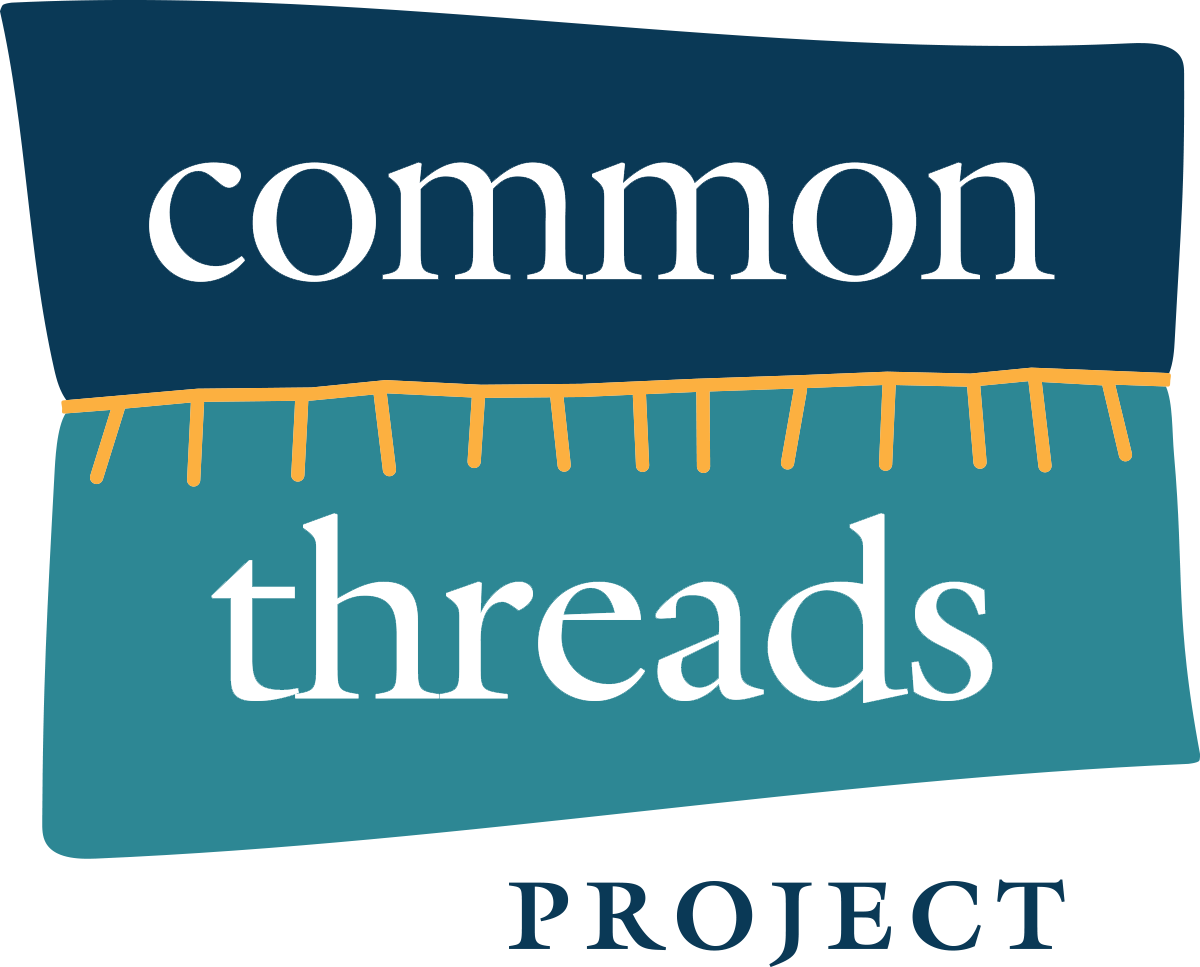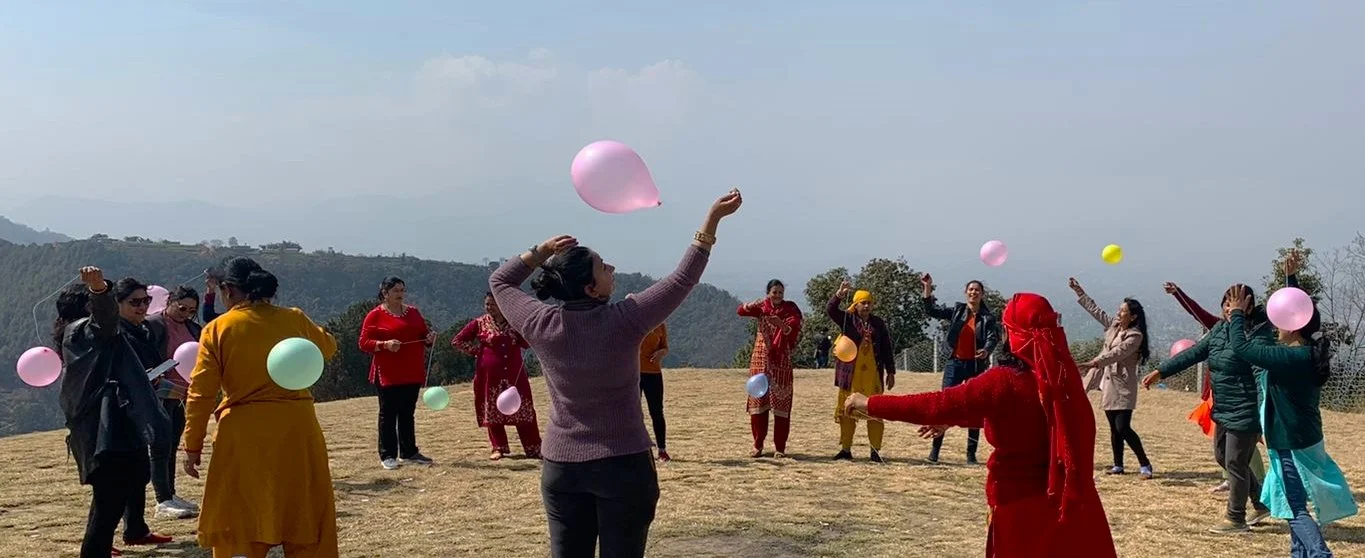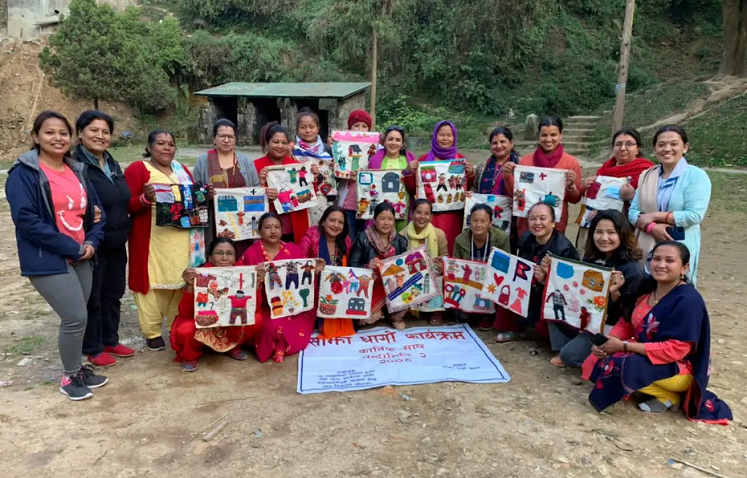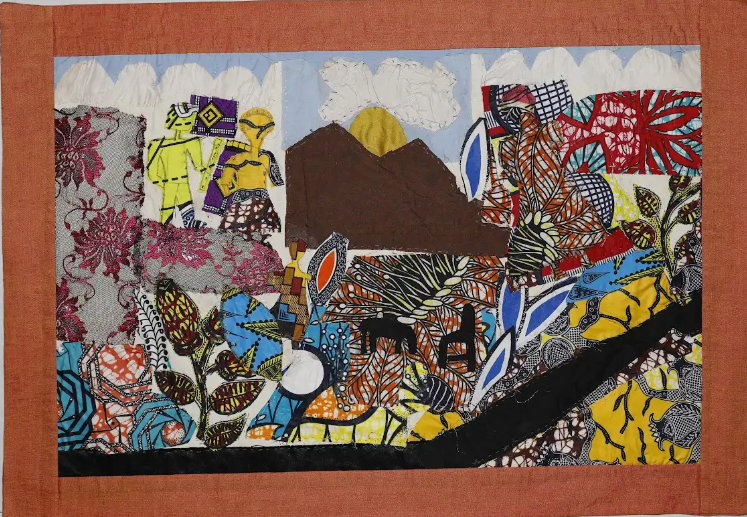At Common Threads Project, we know that access to enduring trauma healing can transform lives. For individuals affected by sexual and gender-based violence, healing from trauma not only restores a sense of self and well-being but also empowers survivors to become agents of change within their communities.
Understanding Trauma
Trauma is a deeply distressing, disruptive experience that has lasting effects on an individual’s mental, emotional, and physical health. Survivors of sexual and gender-based violence often endure profound psychological wounds that impede their ability to live fulfilling lives.
The Importance of Healing
Restoring Dignity and Self-worth: Healing from trauma helps survivors regain their sense of dignity and self-worth, allowing them to rebuild their lives with confidence and hope. Survivors can overcome a sense of stigma, shame, and self-blame about what has happened to them.
Breaking the Cycle of Violence: Effective trauma healing can prevent the recurrence of violence and intergenerational transmission of trauma. Empowered survivors are less likely to be re-victimized and can advocate for safer communities.
Enhancing Mental Health: Trauma healing addresses mental health symptoms such as depression and anxiety, leading to improved overall well-being.
Fostering Community Resilience: When survivors heal, they’re able to emerge from isolation, connect with others, and rebuild relationships. They can contribute positively to their communities, fostering resilience and collective well-being – – whether through work, education, or helping rebuild their communities post-war.
Our Approach
At Common Threads Project, our trauma healing programs are rooted in evidence-based practices and a deep understanding of the cultural contexts in which we work. Our approach includes:
Neurobiology: Our work is informed by current neurobiological evidence to address trauma where it lives — in the body, in persistent images, and in patterns of relationship.
Community-Based Interventions: We engage local communities in the healing process, ensuring that interventions are culturally responsive and sustainable.
Holistic Healing: Our programs address the emotional, psychological, and physical aspects of trauma, and are embedded within organizations that provide comprehensive support to survivors.
Empowerment Through Art: We use expressive arts therapies, including storytelling, narrative textiles, and other creative activities, to help survivors process their experiences, express their emotions, and self-regulate.
Capacity Building: We train local facilitators and community leaders to continue the healing work, ensuring long-term support and sustainability.
Stories of Impact
Our programs have transformed the lives of many survivors. Here are a few stories that highlight the power of trauma healing:
An Enduring Transformation
Twelve years ago, Yasmin’s* life took a remarkable turn. As a victim of sexual abuse, she was beset by symptoms of traumatic stress, depression and emotional dysregulation. She had lost hope, was overwhelmed with frustrations at home, struggling with her partner's mistreatment and feeling disconnected from her children. When she joined the very first Common Threads Project healing circle in Ecuador, new doors opened: she overcame mental health symptoms, felt empowered to recognize her worth, embrace gender equality, and stand up against unacceptable behavior.
When we reconnected in 2023, she shared with us the enduring impact that the program made in her life – including how she became a leader in her community. She healed her relationship with her mother, turning it from a source of pain into a beautiful and loving connection. She also began advocating for the elderly, securing resources for their well-being, and sharing proudly about her journey.
The CTP group was more than just a support system: it was a profound emotional journey where Yasmin and her fellow participants cried and laughed together, connected about their past, and moved forward with renewed strength. Years later, when Yasmin’s daughter needed help, she knew where to turn. She came to our partner organization in Ecuador, confident in her knowledge that they’d be there for her now, too.
Yasmin’s story is a testament to the transformative power of trauma healing and the lasting impact it can have on an individual’s life and the lives of those around her.
Empowerment through Healing
Sapana Pariyar, a psychosocial counselor in Kathmandu district of Nepal, joined the Common Threads Project team in 2017. As a CTP facilitator, she guided women through trauma recovery, drawing from her own experiences as a Dalit woman.
As for many CTP facilitators, witnessing the transformation that took place in the healing circle was empowering for Sapana, too. In 2021, she co-led a healing circle in Chandragiri, bringing together women across caste, ethnicity, age, religion, and literacy level. Initially hesitant to mix across caste, the women gradually bonded over their shared experiences. Sapana and her co-facilitators addressed the discrimination within the group and encouraged them to move past it. By the end, the women considered each other lifelong friends — sharing meals with laughter and promising to stay connected through regular gatherings and group chats.
Sapana has emerged as a community leader and advocate against discrimination. She holds an elected position in her municipal ward and speaks out against caste discrimination, as she does in her story cloth “There is No Limit to Discrimination.”
“Thousands of people lost their lives because of discrimination. Even in our country Nepal, so many people had to lose their lives just because of their lower caste,” Sapana shares. “In this story cloth I portray the pain that I felt. I wanted to reduce the pain and to upraise the voice against discrimination.”
Sapana's story exemplifies how healing and justice intertwine — and how taking part in healing can empower one’s own self as well.
Healing as a Community
This collective story cloth was made by a group of women who worked in the gold mines in Democratic Republic of Congo. There, violent bosses rape the female workers regularly and with impunity.
In the Common Threads Project group, the women found the courage to share their stories, overcome shame and stigma, and build a sense of solidarity and community. As the group reached its final months, they came together to create a group story cloth. They joined their voices, and stitched their story that proclaimed, “This is What We Will No Longer Tolerate.”
When they were finished with the story cloth, they chose to share it with the Common Threads Project team in New York. They wanted to share their story far and wide so that others around the world would know what happened to them — and not let it continue.
You can view this, and other participant story cloths, in our ongoing virtual exhibition.
Get Involved
You can support our work and help us make a difference in the lives of survivors.
Here are a few ways to get involved:
Donate: Your contributions help us provide essential trauma healing services to those in need.
Bear Witness: When survivors choose to share their stories, they ask to be heard, believed, and joined in solidarity. You can be a part of their healing journeys by bearing witness to the stories of survivors in our digital catalog and exhibition.
Spread the Word: Raise awareness about the importance of trauma healing by sharing our work with your network.
Trauma healing is a vital component of restoring peace and dignity to survivors of sexual and gender-based violence. By supporting trauma healing initiatives, we can create a more just and compassionate world and help survivors rebuild their communities. Together, we can help survivors move from victims to survivors to agents of change.




